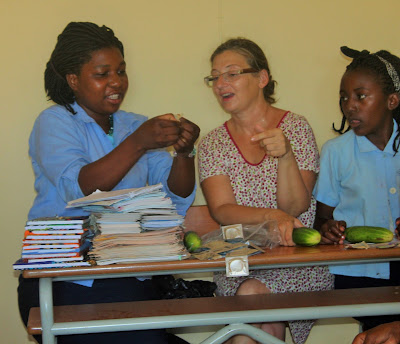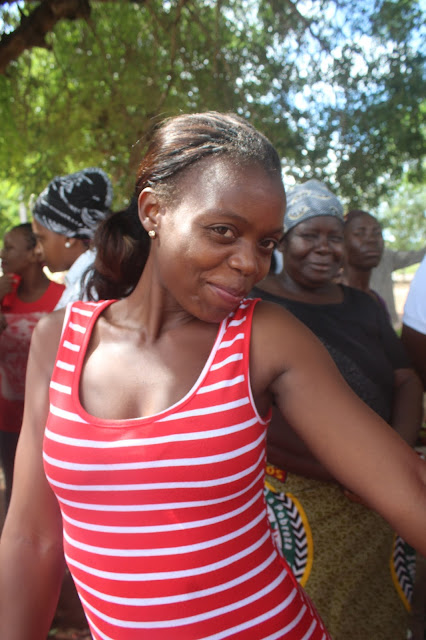Dear Mom,
I just
wanted you to know that I have been thinking about you more than usual
lately. You see I have starting to
clean up and pack as I get ready to end my adventure here in Mozambique; only
five months left!
I think
about how dismayed you were when I told you that I was coming to Africa for two
years and you yelling/crying on the phone to come home after I departed. So much of your worrying had validity.
There were enough times that your voice rung
in my ears and I was agreeing with you; I have had days were I wanted to return
home.
- Like the day
when my peanut butter melted sitting in the cupboard inside my house, which is
warmer than the 100 degrees from outside because of the metal roof.
- Or my face slamming
into my closed bedroom door walking from the sitting room to the bedroom where
I kept my flashlight.
-Or having
that baby die in front of me from dehydration due to diarrhea - one of
many.
- Or being
stood up by 5 people for a meeting that took me hours to prepare for.
- Or that time
I had to walk home, tired, in the dark, from the bus station with 6 heavy plastic bags
of groceries and one bag broke open.
- Or the time
when the last bus coming home breaks down and people calmly got off and were
walking with some direction, and I had no idea where we were. I felt like I was
in the middle of nowhere and had a moment of panic.
- Or the time
my computer modem fell from my backpack in a car returning to the city 3 hours
away. I felt like my arms were cut off. (That was almost as bad as when I
couldn’t get my computer to turn on.)
Yes mom
those were times when I just sighed and hope my children never have this crazy
idea. I keep calm and count the days I will be home.
Then a new
day starts and I count the days I have left here and remember to keep my peanut
butter in the refrigerator, buy a second flashlight; talk to mothers about
rehydration; buy at the local market and use a basket; and that here I will
never be left alone nor without.
Here in my
village the people hear you mom. They
watch out for me and I guide them for a better life.
Now our
family is part of their family.
@bloggingabroad


























